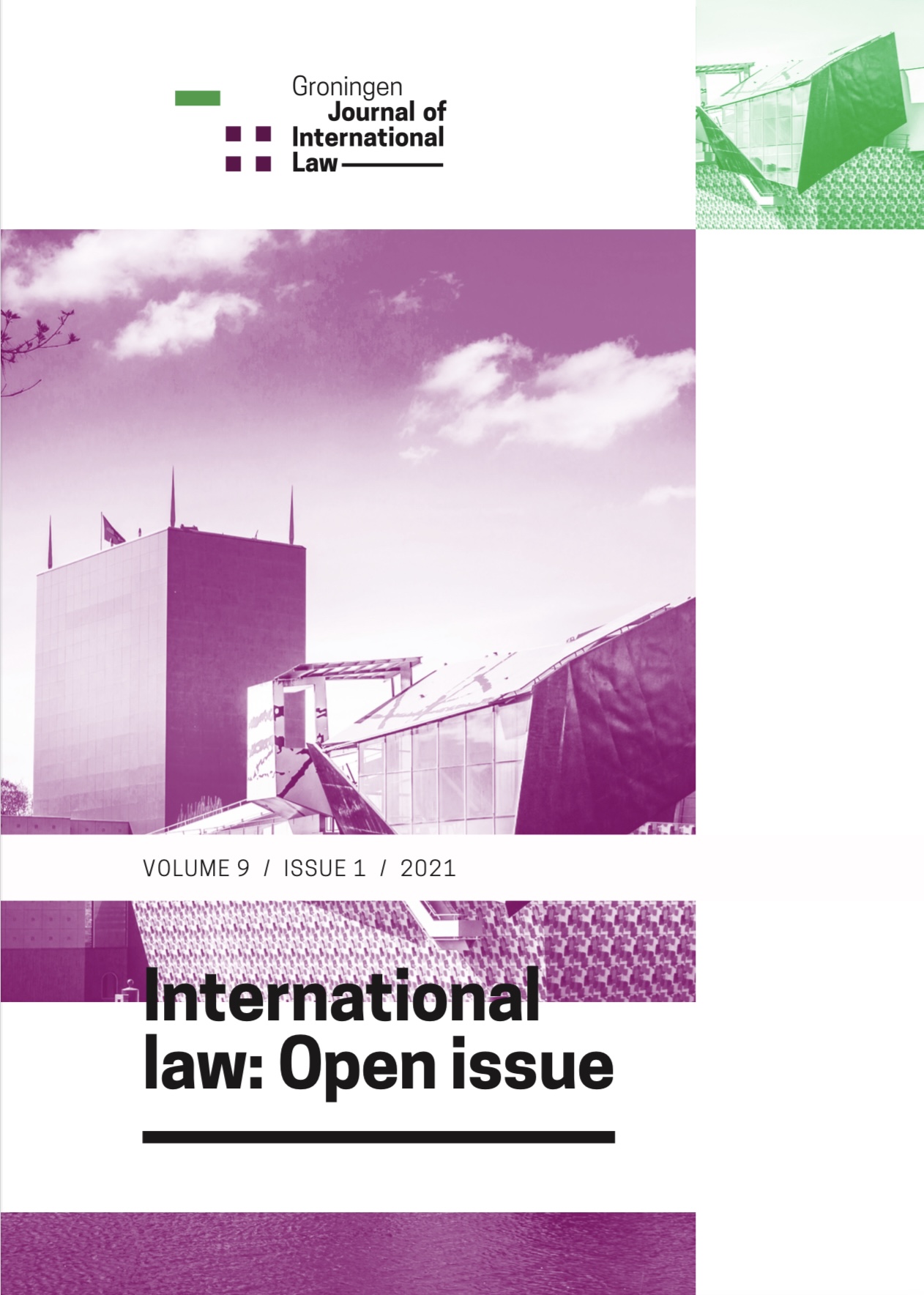The Role of Estonian Community Settings for Achieving Independent Living for Persons with Disabilities in Eastern European Countries
DOI:
https://doi.org/10.21827/GroJIL.9.1.128-142Keywords:
CRPD, Article 19, Independent Living, De-Institutionalization, Congregated Community SettingsAbstract
This article is dedicated to analysing the implementation of Article 19 (paragraphs ‘b’ and ‘c’) of the Convention on the Rights of Persons with Disabilities (hereby: the CRPD) in community settings in Estonia and how Estonian experiences can shift the development of independent living and deinstitutionalization in other non-European Union member countries of Eastern Europe. In this regard, this article depicts the details of independent living for persons with mental health problems according to the UN CRPD Committee. Furthermore, the introduction of Maarja Küla (village) SA and its role in providing independent living has been highlighted as well. Finally, the primary obstacles in Eastern European countries ahead of establishing an independent living as well as solutions for the implementation of Article 19 are underlined, and as an author, I have emphasized how to foster deinstitutionalization in the conclusion.
In most congregated community settings where organizational management techniques have relied on the medical model of disability rather than the social model of disability, inhabitants suffer from legal incapacitation in most cases. These community settings had been established before the adoption of the CRPD, but gradually have been developed and adjusted to the fundamental principles of the Convention. In my view, a human rights approach has been emerging in such places, though the UN CRPD Committee has urged to rectify management methods and to promote the social model of disability.
This research paper also aims to describe the current situation in community settings that has arisen following the pandemic and to find out scientific and practical solutions to abolish the remaining elements of the medical model of disability and to substitute the human rights approach towards a social model of disability in the management and philosophical views of community settings for persons with disabilities.
Published
Issue
Section
Copyright (c) 2021 Vugar Mammadov

This work is licensed under a Creative Commons Attribution-NonCommercial-NoDerivatives 4.0 International License.
Open Access Creative Commons


